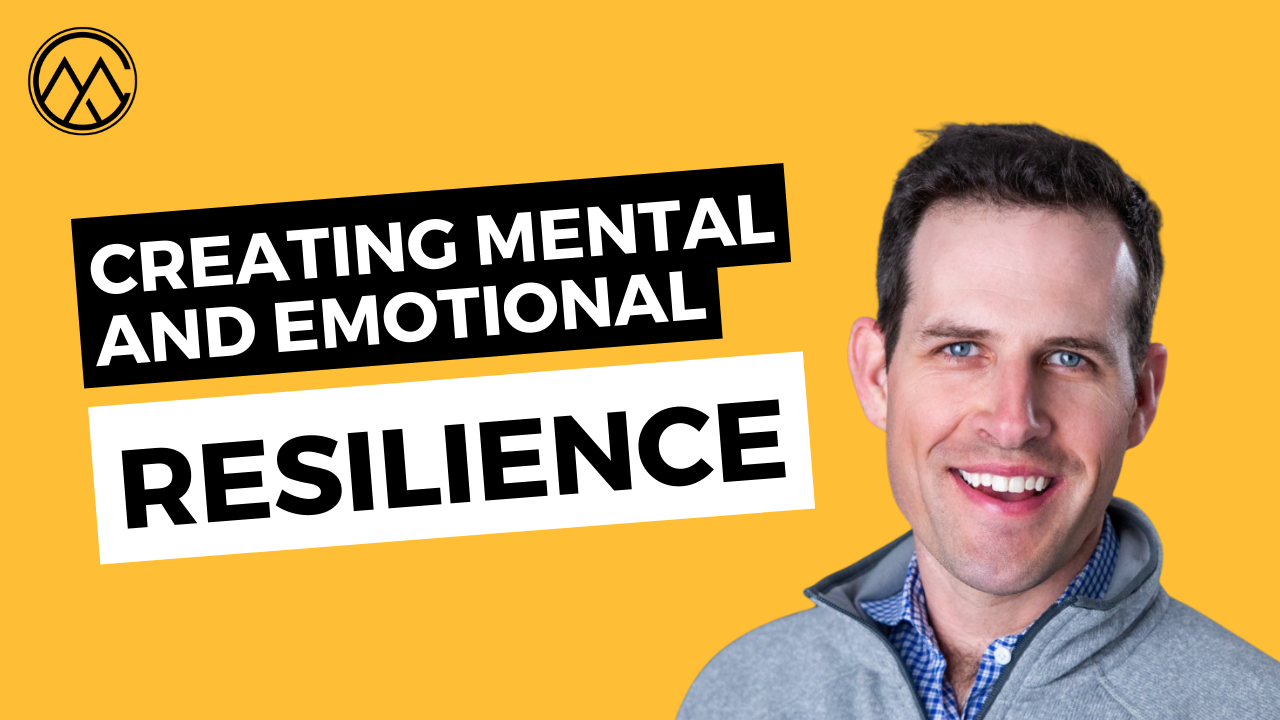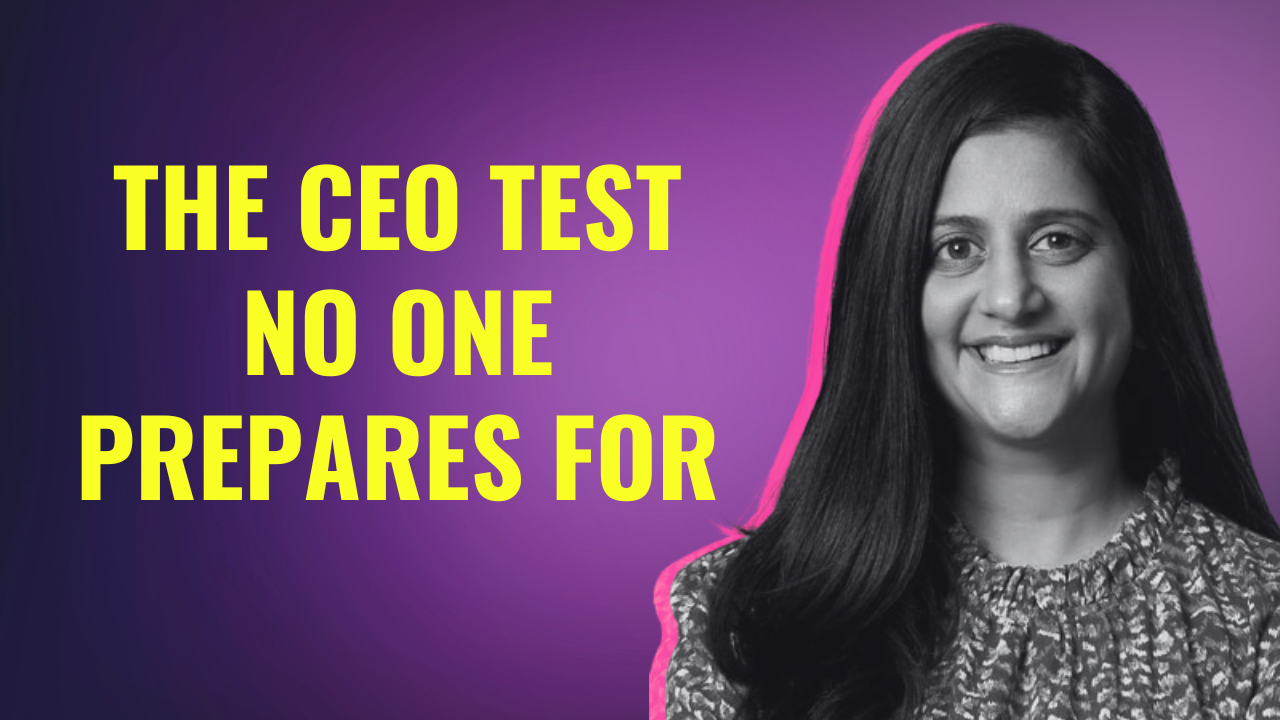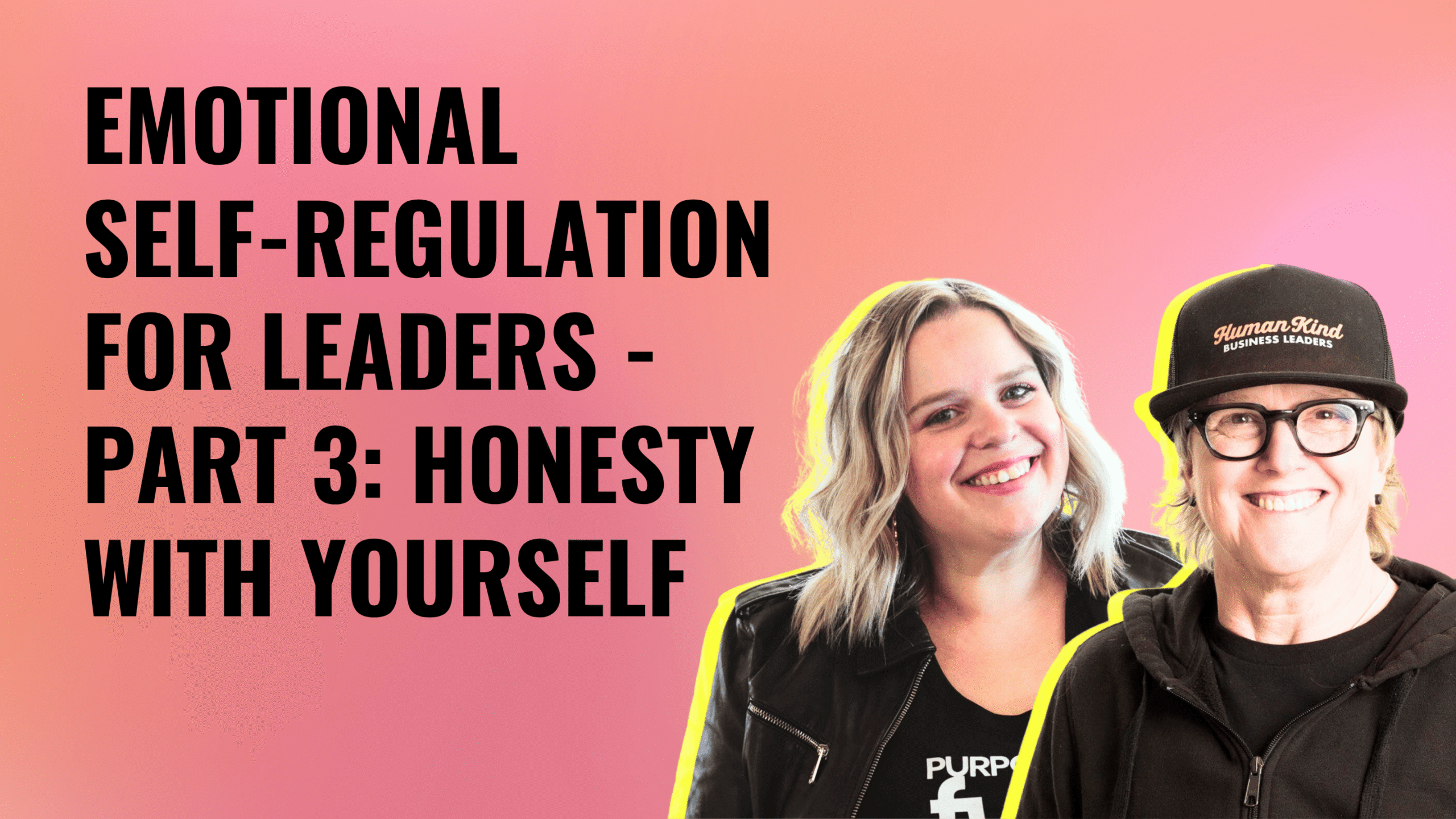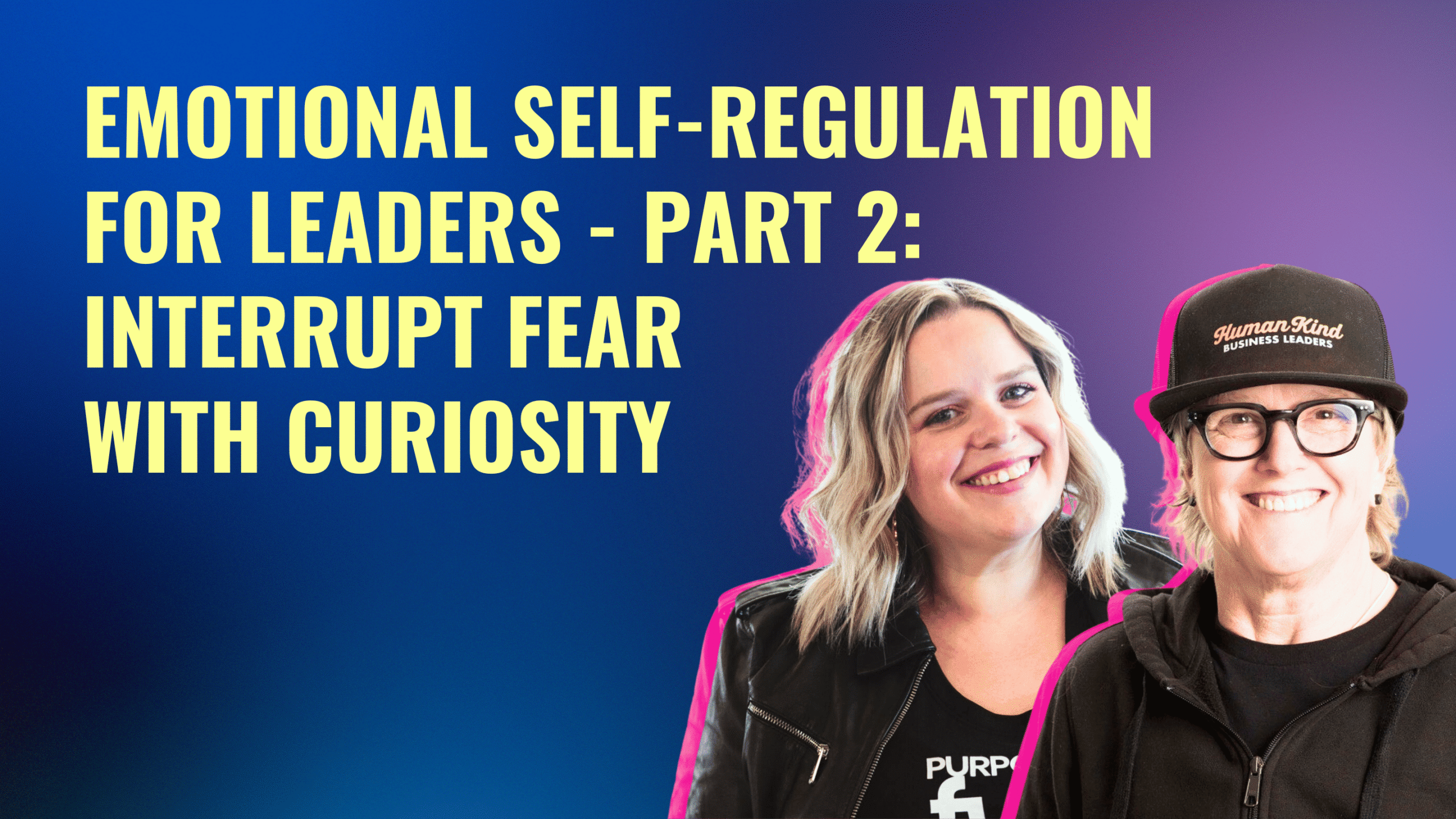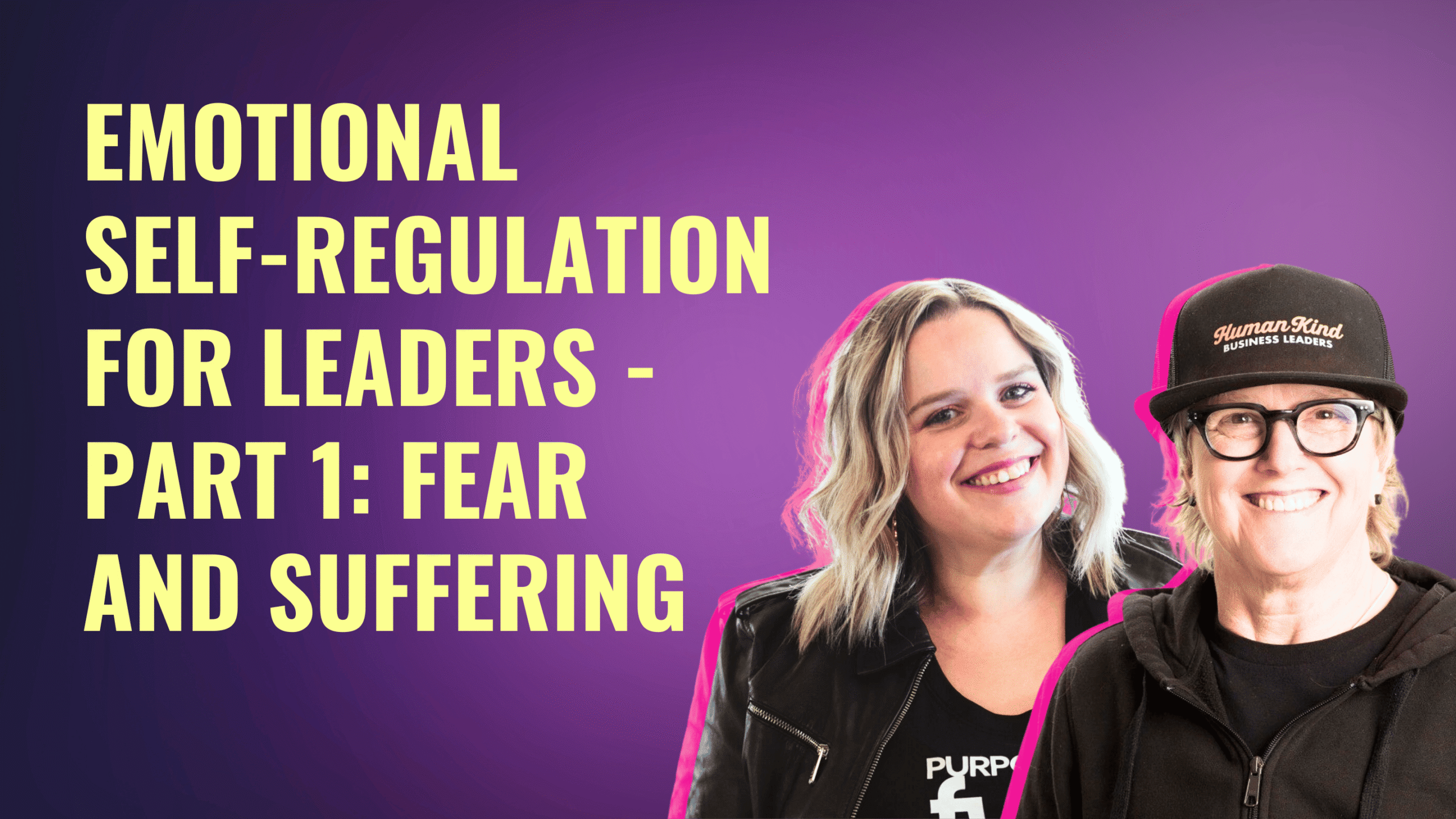Bryan Leach spent his school days and much of his early life “chasing a series of brass rings.” A self-described “anxious achiever,” he basked in the social cache of attending Harvard, Oxford University, and finally Yale Law and later clerking for U.S. Supreme Court justices and making partner at a major firm. Eventually, though, he found himself wanting to be more creative and to put something new into the world. He founded Ibotta, leading cashback rewards network in the United States and the first-ever performance-based marketing tool, one which powers large loyalty programs with major corporations like Kroger, Walmart, and Dollar General.
This new venture required not only a new set of skills, but a whole new mindset from the one he developed as a lawyer. Being driven by praise and reward helped him to advance academically and professionally, but left him averse to taking risks–a trait essential to entrepreneurship. As a lawyer, he was used to boasting his credentials and “being paid to be right,” while as an entrepreneur, he had to stand on the strength of his ideas and the results he delivered. How could he change his perspective so that the same obsessiveness and passion that made him successful didn’t burn him out or drive him crazy?
The answers are somewhat paradoxical. You have to be vulnerable enough to care deeply about your work, but also be OK if it never works out and you don’t get what you want. By asking more questions, showing you don’t have all the answers, sharing credit as well as pressure, you show yourself to be a more effective leader than if you act like you can do it all and have it all under control. The bigger the company grows, the more you must trust others to help control it.
Though you must keep your identity from being too wrapped up in your company, your personal history and life events will show up in your work style. Bryan tauts the virtues of therapy and shares how he navigated the many instances of what Ben Horowitz calls WFIO (We’re F**ked, It’s Over). Everyone has WFIO moments, and their own unique path to success, despite our cultures insistence on sharing only superhero stories. In this episode, Bryan shares how, through mental and emotional resilience, we can successfully navigate our own course.
Quotes
- “You have to figure out how to build the muscle of rebounding from emotional setbacks and failure at a much higher rate than you ever did when you were striving to be a lawyer.” (9:18 | Bryan Leach)
- “It’s very tempting to fall back on that storytelling trope that we have as a society which overemphasizes the contributions of the founder, hides all the struggles of the founder, and also leads everyone to kind of expect that.” (19:28 | Bryan Leach)
- “The more vulnerable you are, the more you admit you don’t know, the more you seek opportunities to apologize, take responsibility, the stronger you come across, the more authentic you are seen as a leader, the more effective you are.” (25:03 | Bryan Leach)
- “A lot of people who are successful are happy to share credit but when there’s blame they internalize all that blame within themselves. What you should be able to do is share credit and share ownership and responsibility for problem solving, so you’re not putting the weight of the Western world on your shoulders all the time.” (28:30 | Bryan Leach)
- “You have to create a world where if the company fails you’re still OK and proud of yourself, and you’re still happy and you learn things and you can go on and try something different. (29:26 | Bryan Leach)
Links
Connect with Bryan Leach:
YouTube: https://www.youtube.com/watch?v=jEriFU1JEYM
LinkedIn: https://www.linkedin.com/in/bwleach/
Website: https://home.ibotta.com/
Connect with Alex Raymond:
LinkedIn: https://www.linkedin.com/in/afraymond/
Website: https://consciousentrepreneur.us/
HiveCast.fm is a proud sponsor of The Conscious Entrepreneur Podcast.

